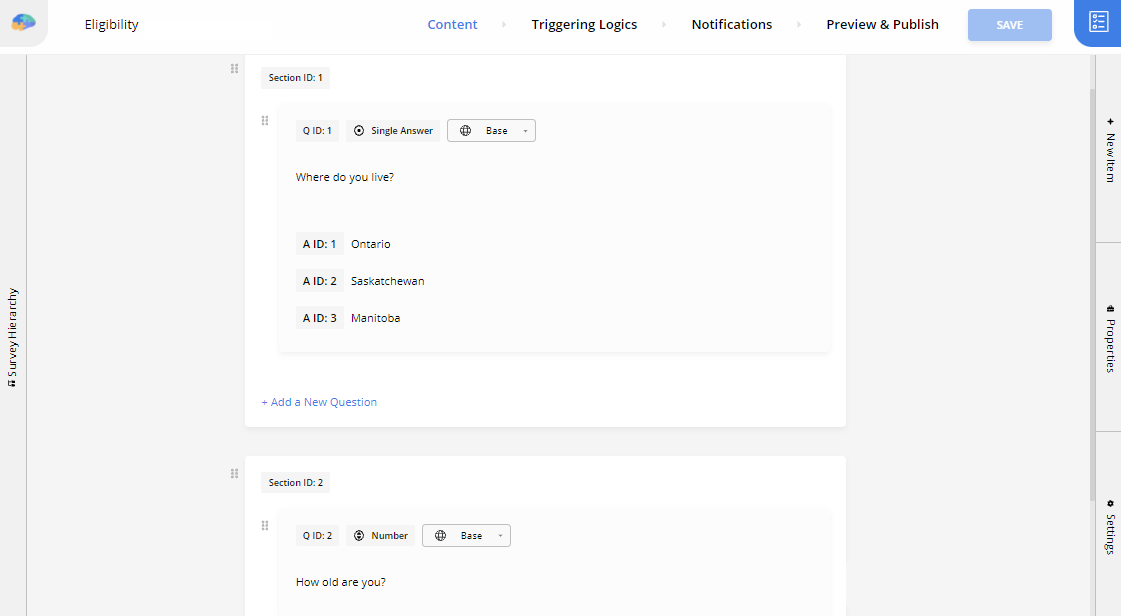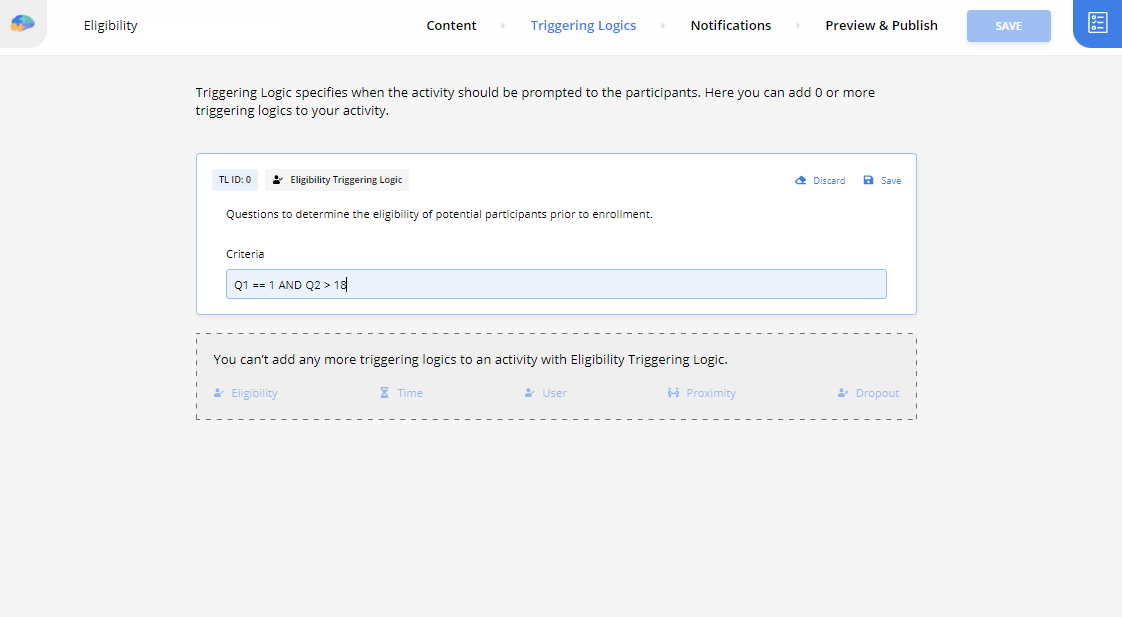A Higher Compliance Rate With Eligibility Surveys

One of the first steps in conducting human subject research is determining its participants. Whether you wish to carry out a large-scale study or a small one, it is crucial to have a clear idea of who you want as participants and choose the sampling cohort accordingly. Sampling allows researchers to gain more practical and representative results that can be associated with the whole population. This can be done in various ways depending on the researcher’s goals and resources.
After choosing the sampling method based on the study’s requirements, researchers can modify eligibility surveys as a screening technique. Encyclopedia of Survey Research Methods, P. Lavrakas, 2008, defines “eligibility” as a standard defining whether a participant could be part of a research project’s target population. This standard can vary according to each study. One way to execute such individual measures is by employing eligibility surveys. These surveys customarily include specific questions that aim at obtaining information related to the study, through which eligible participants can be selected.
Eligibility surveys ensure higher compliance rates, which in turn can guarantee increased response rates. Participants suitable for a study can relate more to its activities and goals, so they are consequently motivated to complete surveys and activities for the duration of the study. As a result, one of the outcomes of implementing eligibility surveys is decreasing non-response bias. Most response rate calculation formulas cannot account for non-response bias. That is why an eligibility survey can help with working out a calculation formula for the response rate as well.
Ethica’s research tool offers an option to create an Eligibility Survey that is presented to potential participants at the beginning of a study. Researchers can modify its questions and define the required answers to enter the study. Prospective respondents will be evaluated as eligible or ineligible based on their answers, and if they skip the eligibility survey, they are automatically not allowed to proceed. Eligible respondents, however, will be shown a message that invites them to take part in the study. Eligibility surveys are especially useful for Public Studies, i.e., when you have less control over who tries to enter your research project. You can later view the Eligibility Survey’s results on the Responses page.
Assume you are conducting a research with the target population of people over 18 years of age, living in Ontario province in Canada. To make sure your participants meet these criteria, you can try creating an Eligibility Survey in two steps:
1-Add the Eligibility Questions
Assuming that you are already familiar with how to create a new survey, the next step is to go to the Content tab on the Survey Editor page. In our example, we add the following questions and answers:

2-Add an Eligibility Triggering Logic
After adding the questions, go to the Triggering Logics tab. There, you should select Eligibility from the list provided. The Criteria section is where you set the conditions for proceeding with the study. Based on our example, it should include the following syntax:

Here, the Eligibility Survey would allow prospective participants to enter the study if the answer to the first question (Question ID 1) is“Ontario” (Answer ID 1), and the answer to the second question (Question ID 2) is more than 18.
As explained above, you can easily create an Eligibility Survey with our online survey tool, which can benefit your study’s compliance rate. Ethica can automatically deny or allow access to a research project based on a respondent’s answers. It is worth mentioning that prospective participants can take the Eligibility Survey multiple times if they do not qualify for the study the first time.
